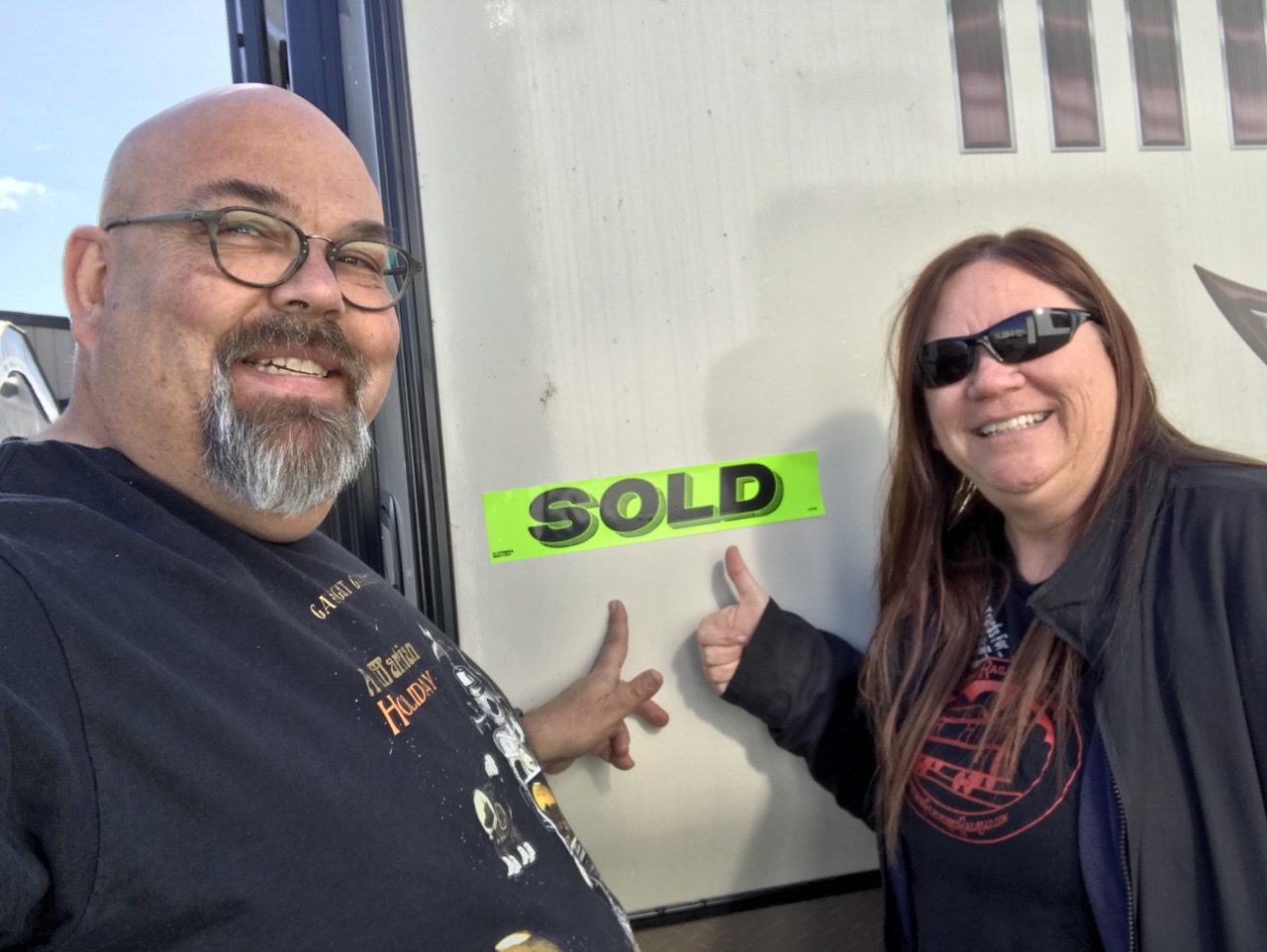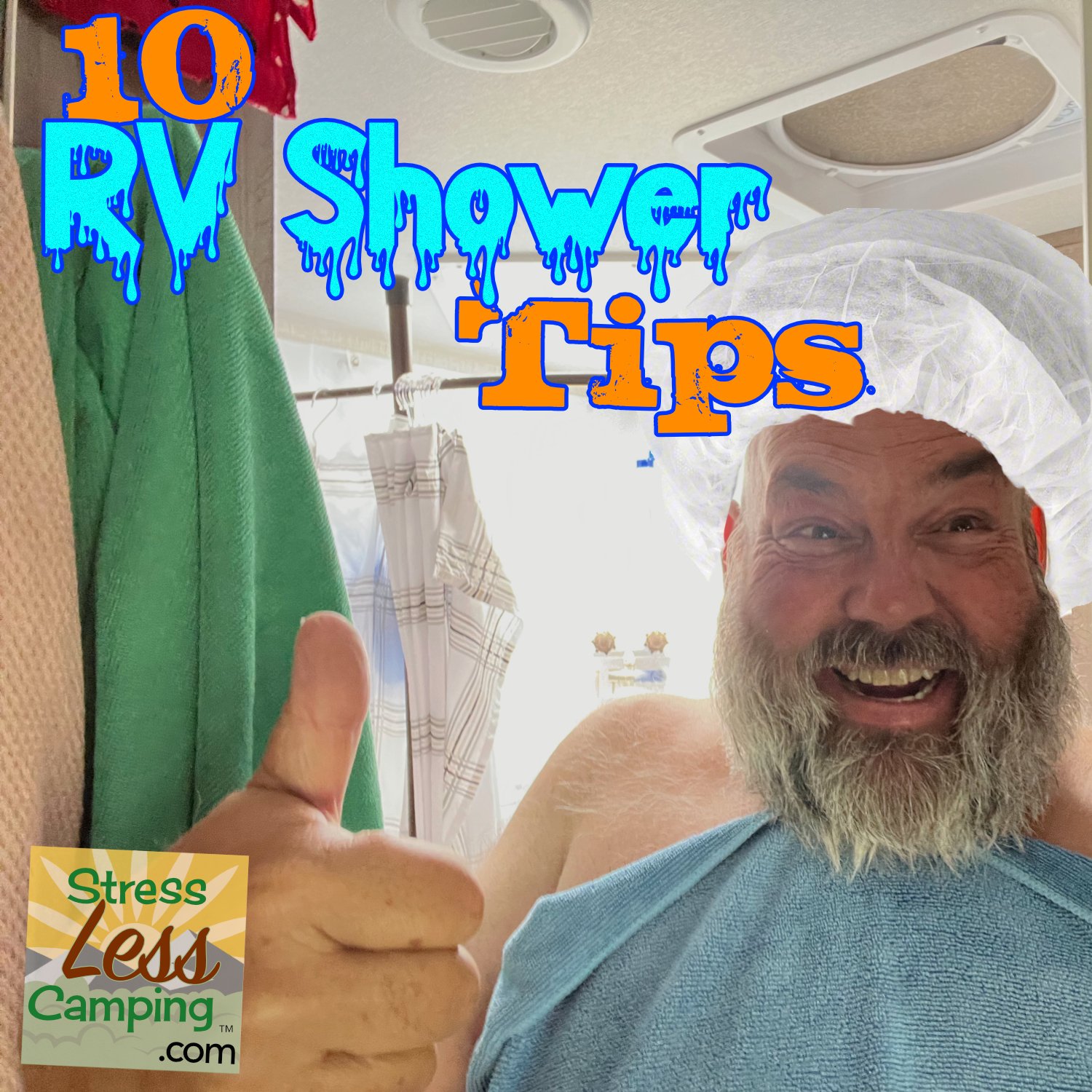RV disaster preparedness
Using your RV for disaster preparedness
An RV is a great way to vacation across this wonderful country but it can also be a valuable resource as a shelter when conditions become less favorable. Natural disasters can leave society’s infrastructure in woeful condition and there are times when we have to rely on our own resources rather than look to what we are used to.
For example, in California the threat of earthquakes is ever on the backs of minds of many residents. Where we live in the Northern part of the state wildfires have become a serious concern and now our energy provider has chosen to turn off the power to entire communities as a way of preventing their lines from sparking more deaths. Hurricanes and tornadoes are realities many Americans face and floods are nothing to be ignored either. This planet can be a dangerous place to live!
But, fortunately, those of us with RVs have a go-to place to be when society’s infrastructure has been compromised somehow. Since RVs are designed to be fully functional and completely self-sufficient even when there are no services to be had, they’re not just the greatest way to vacation but they can also save our lives when we need them the most.
Another advantage of an RV is that it’s mobile, so if things are really bad where you are you can change your address pretty quickly until it’s safe to go back to the place you might usually call home.
Disaster Preparedness
RVs are only as good as the people who own them and how they’re cared for.
Here is a list of things to consider:
Keep your fresh water tank full.
If the power in your area is interrupted, even for a short time, that may be the power that your water provider uses to pump the water to your home. Even if you do get water to your home, in some cases the local utility doesn’t have the resources to fully treat the water so it may not be drinkable. We’ve all heard of local water utilities advising that we boil our water.
Remember, too, that your skin is the largest organ on your body and showering with bad water can also cause infections or other health issues. It’s better to have clean water in your water fresh water tank than have to boil all the water you’ll need to take a shower.
Keep drinking water on hand
Many people I speak with won’t drink the water in their fresh water tank. In that case, consider how long your local utility keeps the power off and plan for that much drinking water on hand. In our area authorities are advising that we have one gallon per person per day.
Remember you’ll be using water for food prep and things like coffee and tea, if you drink those, so that’s where the gallon per day comes in. It’s never bad to have more than you’ll need but not good to run out.
Have your own power
In our case, with a travel trailer, we use the sun to keep the batteries in the trailer topped off. Our RV solar suitcase does a fine job, even in the winter, of keeping the batteries full.
Fuel
If you have a generator, or generators, don’t forget to have enough fuel to run those for the anticipated length of time you expect to need them. In our case, when running the air conditioner, our generators use about two gallons per day. Again, we anticipate a five day blackout, so we have ten gallons of fuel on hand. I like to be over prepared so I’ll actually have 15 - you never know.
In California, where we live, our gasoline has a significant amount of alcohol added to it. As such, it doesn’t remain usable for a long period of time. We have to either add a stabilizing product to the gasoline such as Sta-Bil or buy the gasoline at the hardware store that is designed to stay good for extended periods of time. This hardware store gasoline is $10/gallon but it definitely stays stabile for a long time.
If your motorhome has a generator built in know that that system is likely designed to shut off the fuel to the generator if the fuel tank gets below a certain level, usually about one-third. So, if your RV’s engine and generator share the same fuel supply make sure you have a sufficient amount of fuel to run both.
Make sure the fuel tank that moves your RV, either the one in your tow vehicle or in the motorhome, is full. If there is a power emergency most of the filling stations in your area may not be able to pump fuel as their pumps run on electricity. Even if their pumps are working, if the power emergency is significant enough, they may not be able to process payments for those pumps.
Propane
While on the subject of fuel, don’t forget to have plenty of propane on hand as well. I’ve found that two of us can live for about a week on a single 20lb bottle of propane even running the refrigerator, heater and water heater. My RV has two of these bottles on board but I also use propane for a gas fireplace as well as a barbecue in the yard. So, in all, I keep four full bottles of propane on hand.
Batteries
Even if you’re using a generator, the battery(ies) in your RV need to be functional. Most RVs of all types use lead acid batteries which have a life of about three years or so, when properly maintained. Make sure the water level in the battery(ies) in your RV is where it should be and that the batteries are properly maintained and charged.
Even if you do have shore power or generator power the RV’s refrigerator, carbon monoxide detector and other systems actually use the battery to source their 12 volt power and the generator or solar system simply are there to recharge the battery. Your RV’s battery bank is a critical part of the vehicle’s functionality.
Personal
We like to keep cash on hand. If the power to our community goes out then the ATMs won’t work and even the banks may not be able to open.
Keep your personal items such as passports and other documents in a small fire and water safe. If the disaster gets epic, it’s good to keep these documents where you can get them and keep them in usable condition.
I also like to scan all our important documents and store them in the cloud. I wrote an article about backing up your digital life and other items and it’s good to keep this practice in check.
Have a go bag with your prescriptions, personal documents and two days worth of clothes where you can get them. If you have a towable RV keep that in the tow vehicle when you’re towing and in the RV when you’re in there. We talked about this in the StressLess Camping podcast about RV safety.
You RV is a wonderful way to vacation but now you know it’s a great back-up when things go south with society’s infrastructure. Let’s hope you never have to use it for this type of thing, but it’s great to know that it’s there when you need it.
Keeping it properly maintained and having the things you need on hand if disaster strikes can definitely turn a stressful experience into StressLess Camping. Even if you’re camping in your own back yard.
Incidentally when I was working at the RV dealership I sold dozens of travel trailers to FEMA. Sadly, our area is heavily challenged by wildfire and this was the first place that government agency turned when it came time to house people who had lost everything. I hope all those people experience full recovery and hope this article helps you if disaster strikes.
If you have additional tips or ideas, please feel encouraged to join our Facebook Group and share those. Here is the post. We’d love to hear from you.







